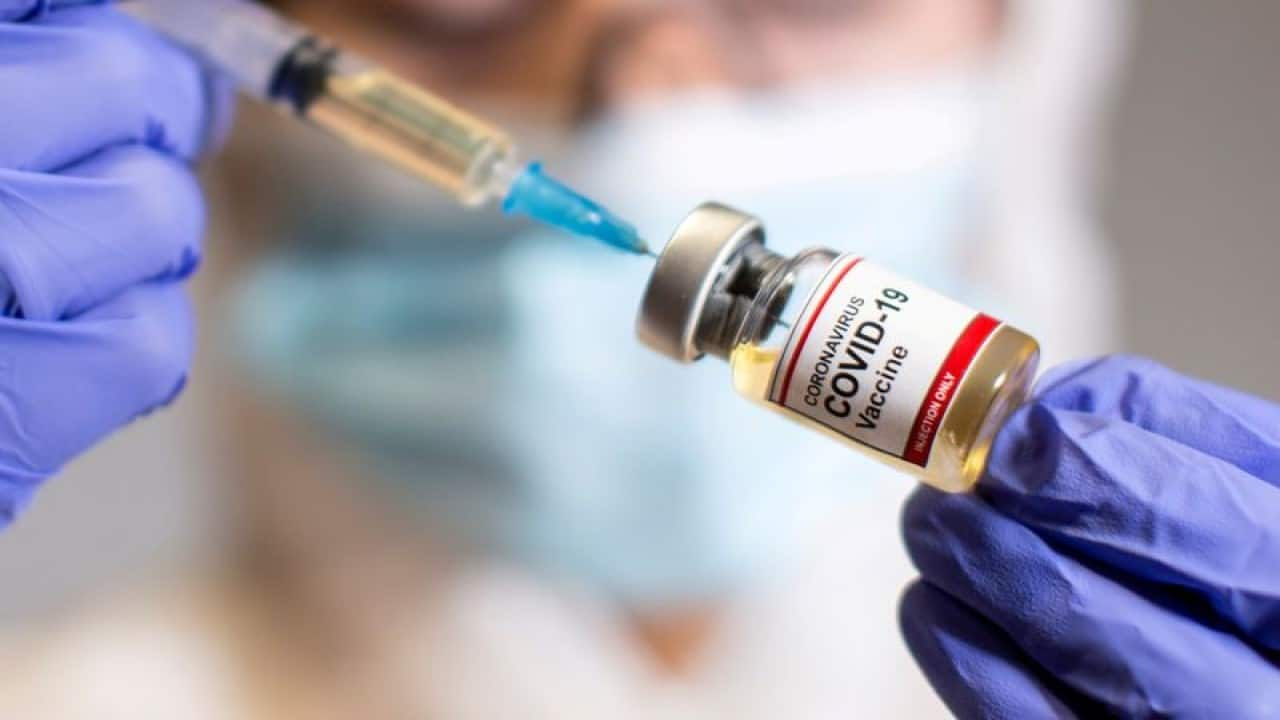Pfizer India has become the first pharmaceutical firm to seek from the Drugs Controller General of India (DCGI) an emergency use authorisation for its COVID-19 vaccine in the country, after its parent company secured such clearance in the UK and Bahrain.
The firm, in its application submitted to the drug regulator, has sought permission to import the vaccine for sale and distribution in the country, besides waiver of clinical trials on Indian population in accordance with the special provisions under the New Drugs and Clinical Trials Rules, 2019, official sources said.
"Pfizer India has submitted an application on December 4 to the DCGI seeking emergency use authorization (EUA) for its COVID-19 vaccine in India. The firm has submitted the EUA application in Form CT-18 for grant of permission to import and market Pfizer-BioNTech's COVID-19 mRNA vaccine BNT162b2 in the country," the source said, citing the application.
Follow our LIVE Updates on the coronavirus pandemic here
The UK on Wednesday became the first country to approve the Pfizer/BioNTech vaccine against COVID-19, with the UK regulator Medicines and Healthcare products Regulatory Agency (MHRA) granting a temporary authorisation for its emergency use.
The British regulator said the jab, which claims to offer up to 95 percent protection against COVID-19, is safe for roll-out.
Bahrain on Friday also announced that it has granted an EUA for the two-dose vaccine made by Pfizer and its German partner BioNTech. The pharma company has already applied to the US FDA seeking EUA for the vaccine.
The extreme low temperature of minus 70 degrees Celsius required for storing the vaccine poses a big challenge for its delivery in a country like India, especially in its smaller towns and rural areas where maintaining such cold chain facilities would be very difficult, top government officials have said.
When contacted, Pfizer said it remains committed to engaging with the Government of India and explore opportunities to make this vaccine available for use in the country.
Check here for the latest updates on all COVID-19 vaccines
"During this pandemic phase, Pfizer will supply this vaccine only through government contracts based on agreements with respective government authorities and following regulatory authorisation or approval," the global pharma major said in a statement.
Five vaccines are in advanced phases of clinical trials in India with the Serum Institute of India conducting phase-3 trial of the Oxford-Astrazeneca COVID-19 vaccine, while the indigenously developed vaccine by Bharat Biotech in collaboration with ICMR has already started the phase-3 clinical trial.
Drug firm Zydus Cadila has received the approval from the DCGI to start the phase-3 clinical trials of the indigenously-developed anti-coronavirus vaccine.
Dr Reddy's Laboratories and the Russian Direct Investment Fund (RDIF) have announced that they commenced adaptive phase 2 and 3 clinical trials for COVID-19 vaccine Sputnik V in India, Also, Biological E. Ltd has started early phase 1 and 2 human trials of its COVID-19 vaccine candidate.
Discover the latest Business News, Sensex, and Nifty updates. Obtain Personal Finance insights, tax queries, and expert opinions on Moneycontrol or download the Moneycontrol App to stay updated!









